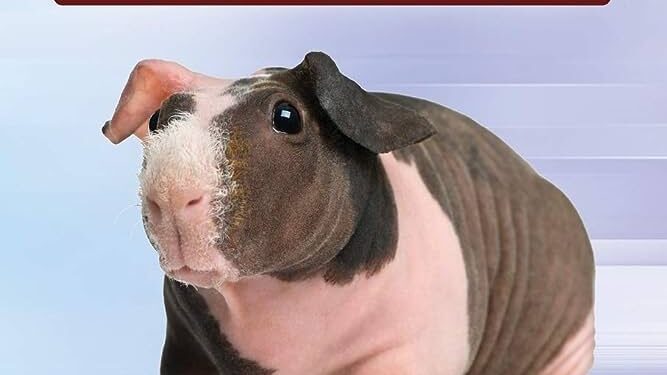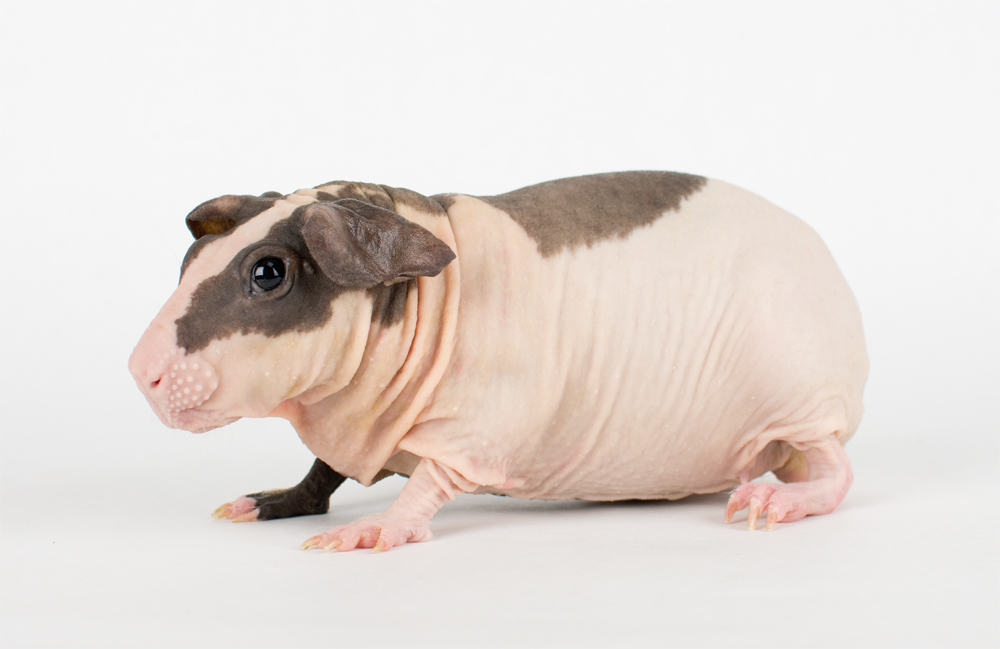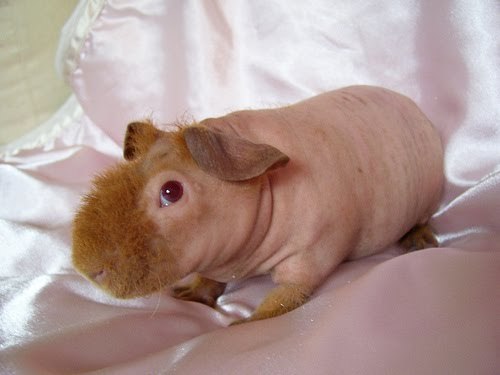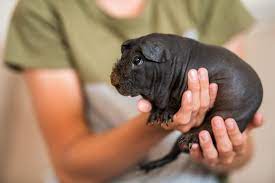Skinny pigs, the intriguing hairless guinea pig breed, defy the conventions of furry pets with their distinct appearance and specific care needs. These captivating creatures have a lot more to them than meets the eye.
What Sets Skinny Pigs Apart? Skinny pigs, while often mistaken for being completely bald, possess a small amount of hair on their faces, legs, and feet. They come in various colors and patterns, showcasing a unique blend of shades in their skin tones. These sociable and affectionate pets thrive in indoor environments, especially when provided with ample space and soft bedding. Despite their name, these hairless guinea pigs are not necessarily slimmer; their lack of fur simply creates that impression.

Origin and Genetics Skinny pigs are a result of intentional breeding by scientists. The initial stages were marked by challenges, as the hairless trait came with health issues. However, through careful breeding, modern skinny pigs have become immunocompetent, meaning they possess a normal immune response. The gene for hairlessness is recessive, and both parents must carry it for the trait to be passed on to offspring.
Physical Traits Skinny pigs are slightly smaller than their hairy counterparts, with an average weight of 1-2 lbs and a length of 9-12 inches. Despite their lack of fur, they come in a range of colors due to inheritance from haired ancestors. These guinea pigs are sensitive to their environment, more prone to scrapes and scratches, and are vulnerable to cold temperatures.

Temperament and Social Nature Skinny pigs are social creatures that thrive in the company of other guinea pigs. They are outgoing and communicative, often chattering away to their companions. While they may occasionally bite, they are not aggressive by nature and can be tamed with gentle handling.
Health Considerations Modern skinny pigs are generally healthy, with a lifespan comparable to haired guinea pigs (around 5-7 years). They can be prone to skin issues, so it’s important to provide proper care and avoid irritants. Due to their lack of fur, skinny pigs are more sensitive to their environment, especially cold temperatures. They require ample bedding and a diet that sustains their higher metabolism.
Caring for Skinny Pigs Skinny pig care involves some specific considerations. They need companionship, proper bedding to prevent scratching, and protection from the sun when outdoors. While they don’t require frequent baths, maintaining a clean living environment is crucial. Feeding them a vitamin C supplement is essential, as they cannot produce it naturally.

Is a Skinny Pig the Right Pet for You? Owning a skinny pig requires commitment and specialized care. These pets are indoor-only due to their sensitive skin and are more susceptible to scratches and skin problems. Before adopting a skinny pig, consider whether you can provide the necessary care and attention they deserve. Their uniqueness comes with both challenges and rewards.
In conclusion, skinny pigs are a fascinating breed that challenges traditional perceptions of pet appearance. They have been shaped by scientific intervention and selective breeding to become viable companions with unique needs. With the right care and attention, a skinny pig can bring joy and curiosity to your life. However, potential owners should be prepared for their specific care requirements and the responsibility that comes with providing a safe and comfortable environment for these remarkable animals.





















